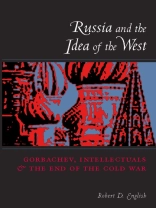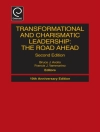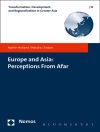An intriguing ‘intellectual portrait’ of a generation of Soviet reformers, this book is also a fascinating case study of how ideas can change the course of history. In most analyses of the Cold War’s end the ideological aspects of Gorbachev’s ‘new thinking’ are treated largely as incidental to the broader considerations of power—as gloss on what was essentially a retreat forced by crisis and decline. Robert English makes a major contribution by demonstrating that Gorbachev’s foreign policy was in fact the result of an intellectual revolution. English analyzes the rise of a liberal policy-academic elite and its impact on the Cold War’s end.
English worked in the archives of the USSR Foreign Ministry and also gained access to the restricted collections of leading foreign-policy institutes. He also conducted nearly 400 interviews with Soviet intellectuals and policy makers—from Khrushchev- and Brezhnev-era Politburo members to Perestroika-era notables such as Eduard Shevardnadze and Gorbachev himself. English traces the rise of a ‘Westernizing’ worldview from the post-Stalin years, through a group of liberals in the late1960s–70s, to a circle of close advisers who spurred Gorbachev’s most radical reforms.
İçerik tablosu
Preface: An Intellectual History
Introduction: Intellectuals, Ideas, and Identity in the Sources of International Change
1. The Origins and Nature of Old Thinking
2. Leaders, Society, and Intellectuals During the Thaw
3. Intellectuals and the World: From the Secret Speech to the Prague Spring
4. The Dynamics of New Thinking in the Era of Stagnation
5. Advance and Retreat: New Thinking in the Time of Crisis and Transition
6. The New Thinking Comes to Power
Conclusion: Reflections on the Origins and Fate of New Thinking
Notes
Bibliography
Index
Yazar hakkında
Robert English, assistant professor of international relations at the University of Southern California, is currently a research fellow at the Institute for Advanced Studies in Princeton, New Jersey. The work upon which
Russia and the Idea of the West is based won the Harold D. Lasswell prize of the American Political Science Association.












